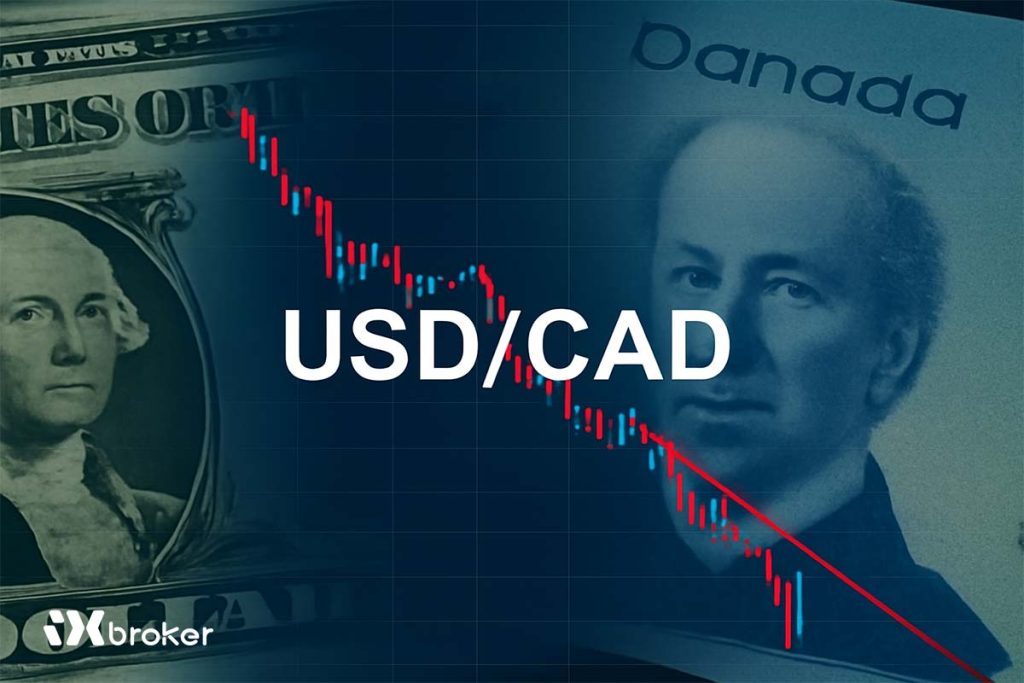Taiwanese company TSMC’s historic $100 billion investment in the US underscores advanced chip packaging as a pivotal technology in the fierce AI competition between the United States and China.
TSMC’s historic $100 billion investment in the United States is reshaping the technological battlefield of artificial intelligence. Advanced chip packaging technology, which plays a critical role in enhancing AI processing speed and efficiency, has become the focal point of this hardware rivalry between the two global superpowers: the US and China.
Unprecedented TSMC Investment on US Soil
Taiwan Semiconductor Manufacturing Company (TSMC), responsible for producing over 90% of the world’s advanced semiconductor chips, recently announced plans to invest $100 billion in the US. This is the largest foreign investment in US history and includes the construction of two new advanced chip packaging facilities in Arizona. This move not only expands global chip production capacity but also strengthens the US’s strategic position in the global technology race.
What Is Advanced Chip Packaging Technology?
Chip packaging is the process of encasing semiconductor chips within protective housing and mounting them onto a device’s motherboard. However, advanced packaging goes beyond this basic function. It involves techniques that allow multiple chips—such as central processing units (CPUs), graphics processing units (GPUs), and high-bandwidth memory (HBM)—to be placed in extremely close proximity. This proximity enables faster data transmission, reduced energy consumption, and overall improved performance, which are essential for running complex AI algorithms.
The Importance of Advanced Packaging in AI
Jensen Huang, CEO of Nvidia, emphasized at Computex 2025 the critical role advanced packaging plays in AI development. He asserted that no one has pushed this technology harder than he has. The reason for this emphasis is that AI demands chips capable of rapid data processing and transfer, and advanced packaging meets this need by increasing chip density and minimizing the distance between them.
How Advanced Packaging Enhances Chip Performance
Think of chip components as different departments within a company; the closer these departments are, the faster and more efficient their collaboration. Advanced chip packaging works similarly and effectively sustains Moore’s Law—the principle that transistor counts double approximately every two years. As manufacturing processes grow increasingly complex and expensive, boosting transistor density has become more difficult. Advanced packaging technologies, such as TSMC’s CoWoS (Chip-on-Wafer-on-Substrate), exemplify innovative solutions that have driven major advancements in AI chip design.
Political and Economic Tensions Between the US and China
Although a temporary 90-day agreement to reduce tariffs has been made, the hardware competition and US-imposed technology export restrictions on China remain in place. The US aims to curb China’s rapid progress in AI and semiconductor technologies through these measures. TSMC’s massive investment in the US helps bolster American technological independence and strengthens its position in this critical global contest.
Conclusion
Given the increasing significance of AI and the demand for powerful hardware, advanced chip packaging technology has emerged as a crucial factor in the global competition between the US and China for AI supremacy. Innovations by companies like TSMC will shape the future of this industry and determine which countries gain technological leadership.



